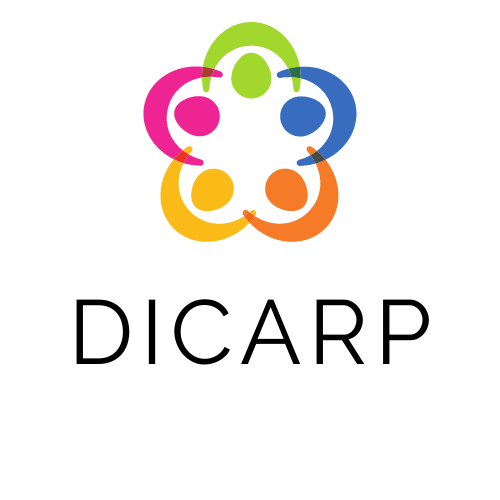Katherine Lofts & Chloe Rourke: Environmental Harm, Disability, and the Importance of Procedural Environmental Rights
From the GNHRE’s Blog Symposium on Lessons from the Aarhus Convention and Escazú Agreement for Procedural Environmental Rights in Canada: Environmental Harm, Disability, and the Importance of Procedural Environmental Rights
Although environmental harms disproportionately impact persons with disabilities, they have often been excluded from environmental governance processes, reinforcing existing inequities and leading to inaccessible policies and programs that fail to consider disabled peoples’ perspectives and requirements. This blog post – part of the Global Network for Human Rights and the Environment’s blog symposium on “Lessons from the Aarhus Convention and Escazú Agreement for Procedural Environmental Rights in Canada” – adopts a disability rights-based approach to explore the importance of procedural environmental justice for persons with disabilities, examining the vital role that the rights of access to information, public participation, and access to justice play in ensuring a more inclusive and sustainable future. Although Canada has begun to take steps towards including persons with disabilities in environmental decision-making, more can be done to ensure that their procedural environmental rights are upheld. Upholding and strengthening inclusive procedural environmental rights in line with a disability rights approach to environmental governance – whether through accession to the Aarhus Convention or other legislative and policy tools – is one key step in this process, alongside other transformative efforts to dismantle barriers to inclusion.
Read the full post on the GNHRE blog.

